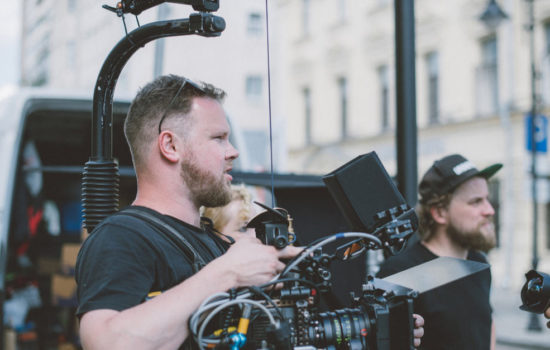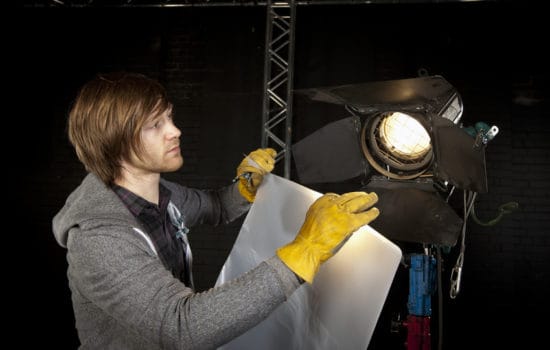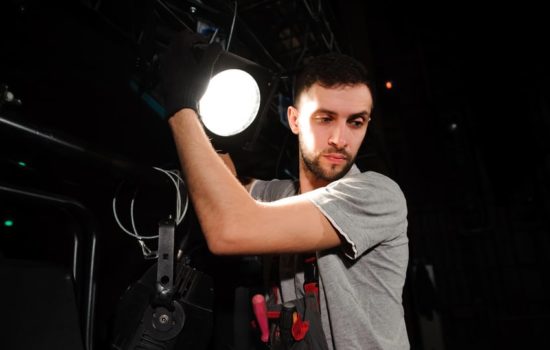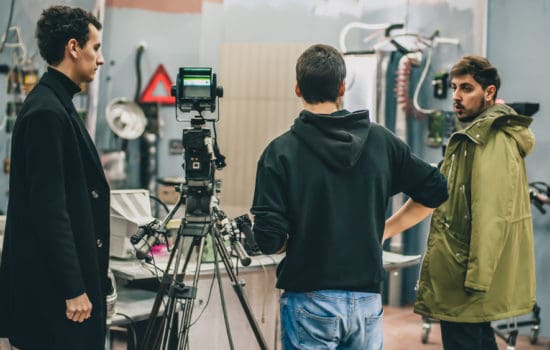What is a filmmaker?
A filmmaker is the guiding, chief creative voice of a project. They play a central role in all aspects of production (everything from prep to post to distribution), ultimately combining artistry and technology to deliver their vision to the screen.
What is the definition of a Filmmaker?
As its name implies, a Filmmaker is someone who substantially contributes to the creation of a movie. Largely, the term is used interchangeably with Director, but Filmmaker is not necessarily tied to any single profession in the industry.
Individuals such as Producers, Co-Producers, Cinematographers, and Editors are also Filmmakers given their importance in the creation of a movie.























